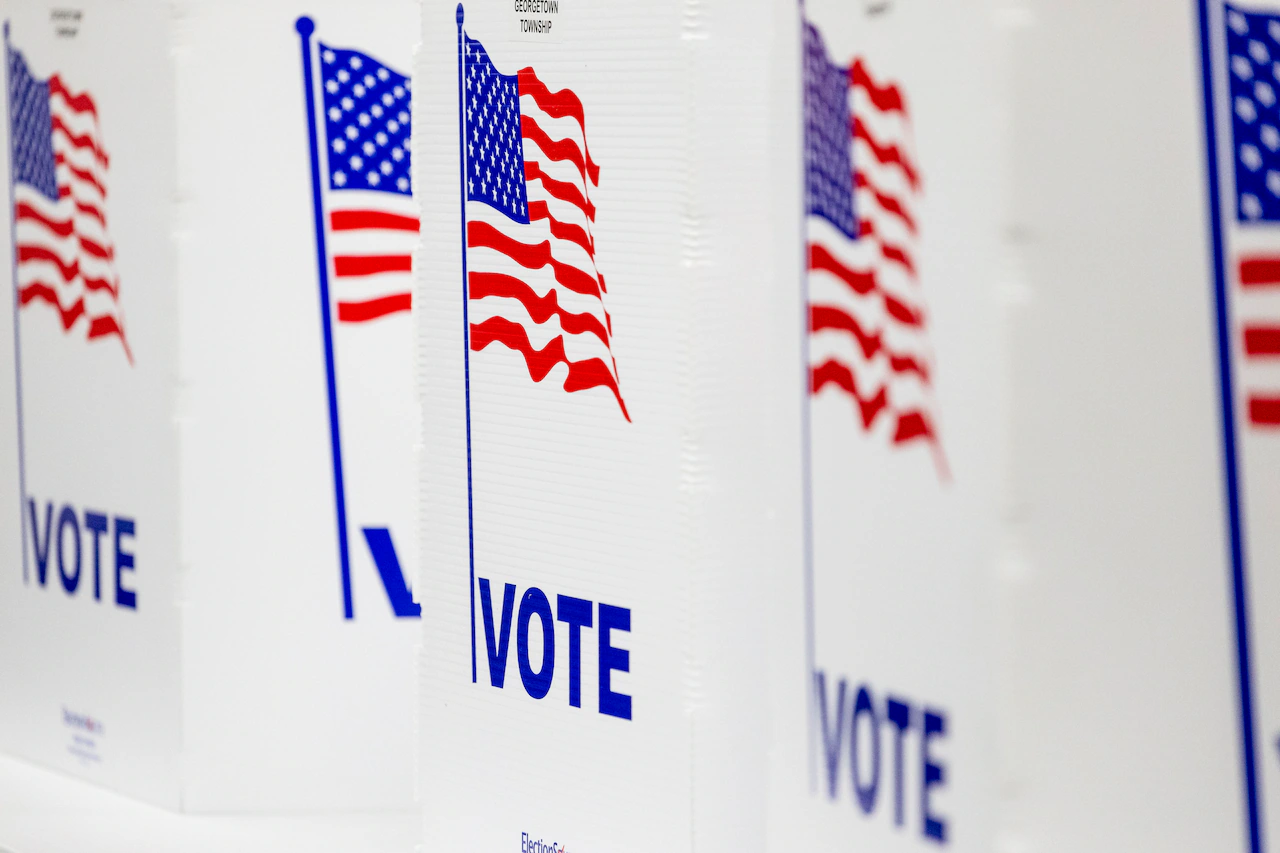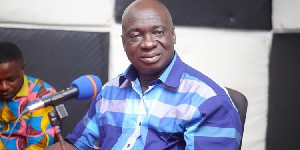Copyright M Live Michigan

Foreign persons, businesses and governments are currently barred by federal law from influencing Michigan elections by spending money on political candidates, campaigns and committees. However, there’s a loophole to that law, and Michigan House Republicans want to close it with new legislation. Foreign entities are currently allowed to contribute toward the qualification, passage or defeat of a ballot question in Michigan. Ballot measures are put forward by citizens to make changes to the Michigan Constitution, amend state law or uphold or repeal existing state law. A simple majority vote of registered voters in the state enacts the proposed change. Some recent examples include enshrining protections for abortion in the state constitution in 2022 and legalizing recreational marijuana in 2018. The legislation before the House Election Integrity Committee on Tuesday, Nov. 5, would prohibit foreign persons, businesses and governments from contributing to ballot question campaigns in Michigan. It would also prohibit ballot question committees from knowingly accepting a contribution from a foreign entity under threat of civil fine. A ballot question committee is formed to raise and spend money to initiate or influence a statewide ballot question. Bill sponsor state Rep. Rachelle Smit, R-Martin, said her legislation would stop foreign influence in the state’s elections and ensure that only Michigan residents decide the state’s laws. She said nine other states have passed similar legislation. “This critical loophole exposes state and local initiatives and referenda to otherwise illegal foreign influence and foreign tied spending will continue in states until this is closed,” Smit said. “This problem is exacerbated because ballot question committees that are formed to support or oppose ballot proposals generally have few restraints on the source of their funding and can accept unlimited donations from legal sources.” Smit chairs the House Election Integrity Committee. Caitlin Sutherland, executive director of Americans for Public Trust, testified Tuesday that millions of dollars with ties to foreign entities are already being used to influence the outcomes of ballot questions in Michigan. “These important policy decisions should be left to U.S. citizens and foreign money has no place in Michigan,” Sutherland said. “Foreign nationals are already prohibited from donating to candidate elections, so ballot issue campaigns should be no different.” Americans for Public Trust is a nonpartisan nonprofit that works to uncover and publicize foreign money and influence in politics and policy, she said. Under the bill, nonprofits that can engage in unlimited lobbying and political activities would not be able to contribute to or influence the ballot measure process in Michigan if they’ve received foreign money, said Jason Snead, executive director of the Honest Elections Project Action. Snead said Honest Elections Project Action is a nonprofit focused on defending free and fair elections in the United States. Two other election-related bills were heard Tuesday. One would require people providing support for election administration to certify with the Secretary of State’s Office whether they’ve knowingly received foreign donations. This certification would need to be renewed annually and as needed and failure to comply would be a misdemeanor. The other bill would prohibit acquiring or approving the use of electronic voting systems that include parts from businesses deemed by the Federal Communications Commission to be a security threat. That list includes some Chinese and Russian companies. Secretary of State Jocelyn Benson’s office is opposed to the electronic voting system bill.



